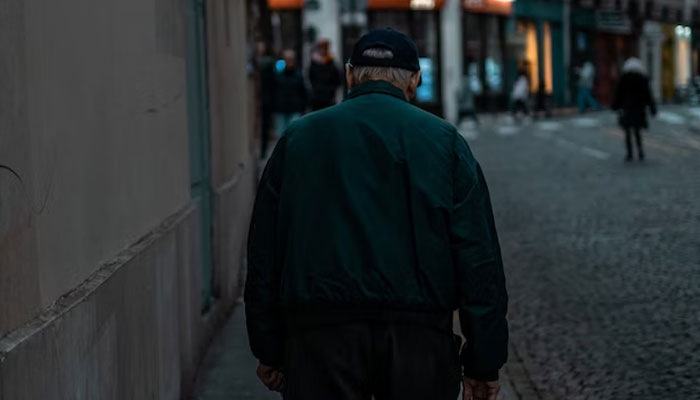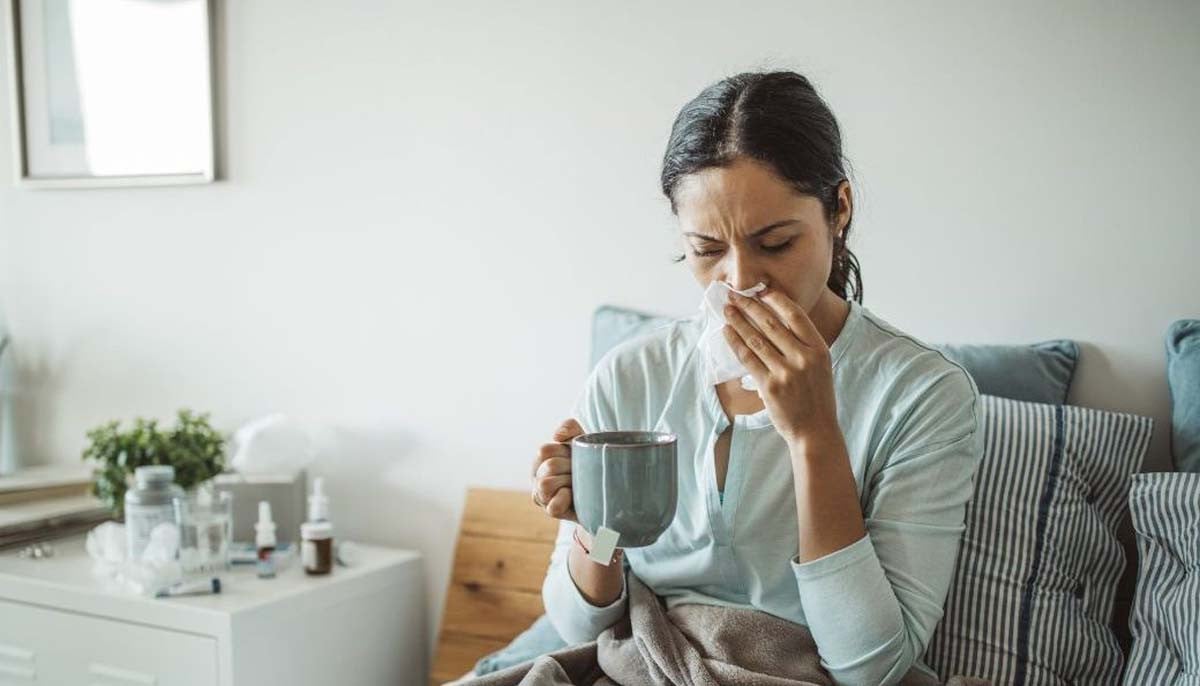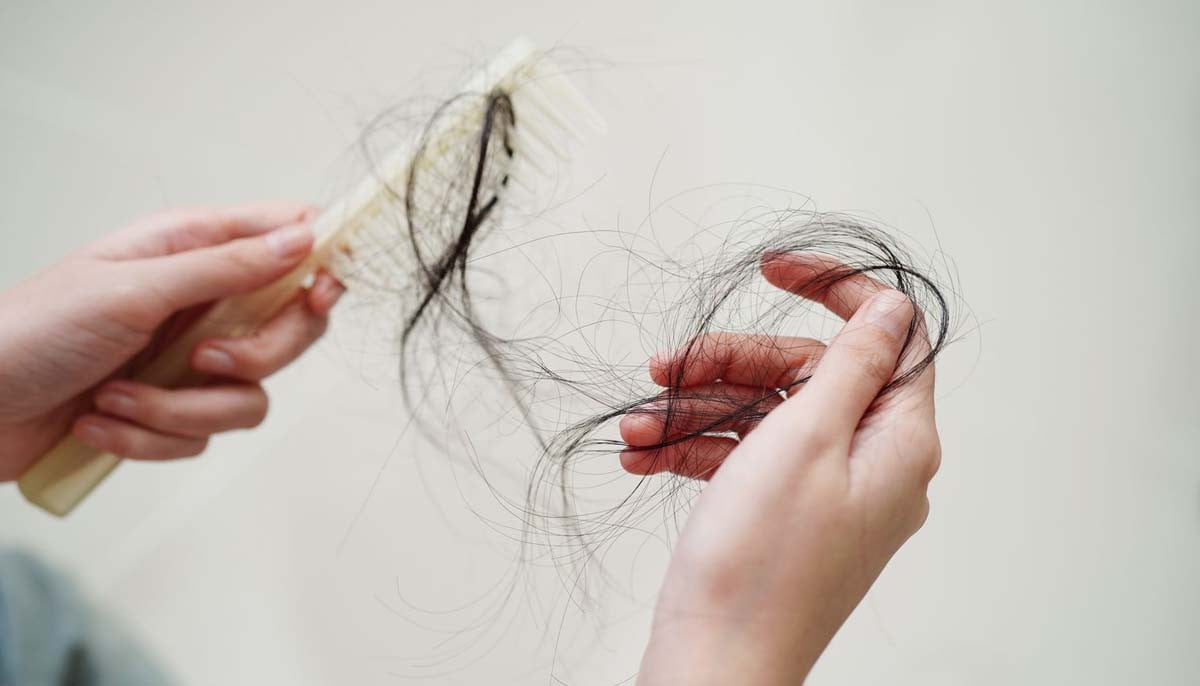Study suggests loneliness could worsen bone health in males
Based on a mouse study, researchers noticed that social isolation impacted male mice health more than female mice
Social isolation leads to poor health outcomes, including increased mortality, cardiovascular issues, and mental health issues. Studies have proven that psychological stress increases osteoporosis risk and bone health.
However, the relationship between loneliness and bone health remains unclear.
Recently, researchers found social isolation to be associated with bone loss in male mice but not female mice as part of a study that explored how social isolation affects bone health in male and female mice and was presented at ENDO 2023, the Endocrine Society’s annual meeting in Chicago.
While speaking with Medical News Today, Dr Nahid Rianon, an assistant professor of geriatrics at McGovern Medical School at UTHealth Houston who was not involved in the study, talked about the findings.
She said: "This study reports an important finding in animals. A translational study to see the findings in humans, especially in older adults who often suffer from social isolation, would be important to understand if the risk of bone loss is higher in this vulnerable group."
She added: "Identifying people at risk is the first step to preventing a health problem like bone loss that may lead to fractures and disability,"
Dr Rebecca Mountain, a postdoctoral fellow at the Centre for Molecular Medicine at MaineHealth Institute for Research and lead author, shared: "The findings may also have clinical implications as we grapple with the long-term health impacts of the rise in social isolation related to the COVID-19 pandemic, although future studies are needed to understand the effects in humans."
Descrease in bone density in male mice
Researchers simulated social isolation in 32 male and female mice that were 16-weeks old. They observed reduced bone mineral density, volume fraction, and cortical bone thickness in the isolated male mice for four weeks.
These changes indicate reduced bone quality and increased fracture risk.
The study found that isolated females did not experience bone loss but had increased bone resorption-related gene expression, which can lead to faster bone breakdown and increased fracture risk.
Mechanisms at play
Dr Mountain's team is investigating the mechanisms by which social isolation may lead to bone loss, including stress hormones and the body's sympathetic nervous system.
Meanwhile, Dr William Buxton, a neurologist at the Pacific Neuroscience Institute, believes weight-bearing exercises are essential for maintaining bone health and preventing osteoporosis.
"My first thought about the link is that one of the best ways to maintain bone health and prevent osteoporosis is to engage in weight-bearing exercises. If one is isolated, he or she is less likely to be out of his or her home and, as a result, be on their feet less," he said.
Dr Rianon, on the other hand, noted that depression and weight loss can cause frailty, disability, and decreased mobility, which can contribute to bone loss.
However, future research is needed to understand the underlying metabolic changes that contribute to bone loss in these medical conditions.
Difference in effect between male and female mice
Dr Mountain is investigating the effects of social isolation on males and females, considering oestrogen's protective role on bones.
"It's also possible that isolation is working in different ways, or on a different time scale, in male and female mice," she added.
Dr Douglas Landry Jarvis, an orthopaedic surgeon with Novant Health in Charlotte, NC, who wasn't involved in the study, suggests that social isolation may affect testosterone production and hormonal balances, potentially altering bone metabolism negatively. The female hormonal cycle may be less affected over a 4-week span.
Limitations of the research
The study's limitations include a small sample size and a lack of behavioural data on how isolation affects depressive or anxious behaviour in mice, according to Dr Mountian.
Additionally, Dr Buxton suggests that the use of caged animals does not make it a perfect model of human activity.
One of the main limitations pointed out by Dr Rianon was that the study does not explain differences in bone formation between male and female mice, but she also clarified that it's normal to not have details in the early stages of research.
Prospects for future research
"If these results are also later demonstrated in humans, I am also guessing that alcohol plays a role," noted Dr. Buxton.
"We know that drinking increases the risk of osteoporosis. Isolation is a risk factor for increased alcohol use, so alcohol is probably a link between isolation and decreased bone mineral density in humans," he surmised.
Dr. Jarvis added: "Based on the study, no one should change their habits. The only implication of the study is that more studies need to be conducted. Social interaction is too broad a variable. We need to know how much the cortisol levels of the mice changed; the study can then be extrapolated to primates and maybe even humans."
-
Chris, Liam Hemsworth support their father post Alzheimer’s diagnosis
-
Tom Hanks diabetes 2 management strategy laid bare
-
Catherine O’Hara becomes beacon of hope for rectal cancer patients
-
FDA sends 'refusal-to-file' to Moderna over new flu vaccine
-
Cure flu with theses two golden foods
-
Struggling with obesity? Here's how to manage it
-
Historic mental health facility closes its doors
-
Top 5 easy hair fall remedies for the winter












